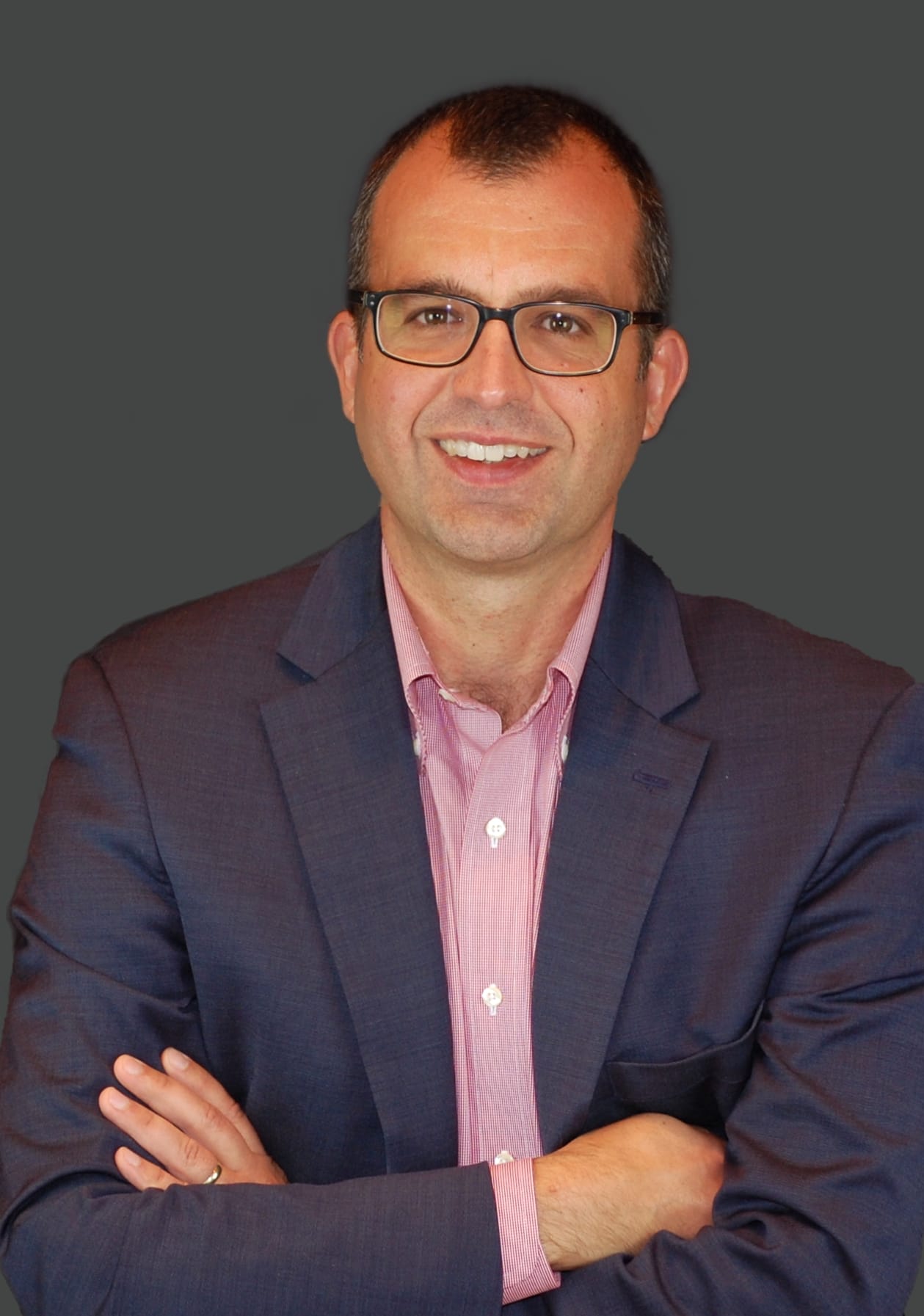Prepping for FP Canada Exams
Recently, FP Collective contributors Cam Smith and Aravind Sithamparapillai both posted about passing their financial planning exams. This is a fantastic accomplishment. It requires a combination of hard work, dedication, and for the stars to align a bit on exam day.

Recently, FP Collective contributors Cam Smith and Aravind Sithamparapillai both posted about passing their financial planning exams. This is a fantastic accomplishment. It requires a combination of hard work, dedication, and for the stars to align a bit on exam day.
What are the exact items that I talk to students about in preparation for an exam with FP Canada?
Item #1 is the same advice pretty much every educator gives. You won't pass or fail based on what happens in the last couple weeks prior to the exam. The real work all happens in the 14-20 months leading up to the exam. The most important thing you can do in this period is to study 20-30 minutes per day.
What do you study in that 20-30 minutes? Keep it broad and interesting. Study topics relevant to financial planning about which you are curious. If you really care about human behaviour, study that. If you think CPP is an interesting topic, go there. If the indexing / active / passive debate stirs something inside you, pursue that. Following your passions will send you down a bunch of useful rabbit holes and often bring you back to financial planning fundamentals.
Study from a variety of sources. Read financial planning texts. Attend conferences. Listen to podcasts. Get to lunch and learns. Attend accountant events, estate planning events, and insurance seminars.
Item #2 is make sure you cover the fundamentals. You must be proficient with your financial calculator. You should be able to accurately calculate mortgage outcomes on a TI BAII Plus or Sharp EL-738. If you're using an HP 10BII, give it to Goodwill and buy the calculator you need. You must also be comfortable with the full and comprehensive set of rules concerning CPP, OAS, RRSP, and TFSA. The exam will absolutely drill down into these topics to a level of detail that will catch the unprepared student off guard.
Item #3 is that you can count on a fair exam, at least in my opinion. FP Canada does a lot of work to make sure the exam accurately represents financial planning practice. It's a competency-based exam, meaning any question on the exam represents a recent problem faced by a financial planner in Canada. This also means very little memorization is required. I typically recommend that students memorize early and late CPP rules, late OAS rules, federal dividend gross-ups and tax credits, and not much else.
Item #4 is that you have to be quick on the exam. You have to absorb the case study information quickly and thoroughly. Your answers have to be direct and to the point. This means you have to quickly recognize what it means when a household is at a given income level. As an example, you have to immediately know that a couple retirees with $50,000ish each of taxable income aren't directly concerned about OAS clawbacks, are beyond the range of likely GIS payments, but should be thinking about how the age credit clawback impacts them. If you're uncertain about an item like this, you'll take too long to answer an exam question, and are likely to give a waffling answer that reveals your uncertainty. You'll note that I didn't use an example with a couple with $91,000ish each of taxable income. That would probably (depending on the question structure) be an unfair question, as that would have put them into OAS clawback range a couple years ago, but would not as of early 2025.
Item #5: Join the Financial Planning Association of Canada. Student memberships for those pursuing CFP or QAFP certification are $30. It's an amazing deal. Once you're a member, include "Check the FPAC forums" as part of your 20-30 minutes of daily study.
There are lots more specific tips, depending on your background and what exam you're writing. I cover these in the Exam Prep classes that BCC pays me to teach (and that I developed when I was an owner and employee there). I run free Office Hours most Tuesdays for any student from any program (or anybody who is generally interested). To join those sessions, use the free Zoom links below:
https://bit.ly/3P5gW8H for Core Curriculum students - 10am Mountain
https://bit.ly/3N3QjiG for Advanced Curriculum students - 11am Mountain
https://bit.ly/3WJHxKf for Exam Prep - noon Mountain
I don't run these sessions every Tuesday, as I am the sole instructor, and I occasionally have something else ongoing (like a zoo field trip with the grandson, or time on a bike in Europe). But for about 45 weeks of the year, you have this free resource available. BCC generously supports this activity, paying me to run these sessions, even though they are open to any student from any program.
To recap, then:
- 20-30 minutes of daily study, starting now.
- Study the fundamentals, including Time Value of Money, RRSP, and CPP.
- This is a fair, competency-based exam.
- Have common financial planning information available quickly on the exam.
- Join FPAC and check the forums daily.
- Join me for free Tuesday Office Hours.
There are no guarantees, but these 6 steps can make a big difference. If you're keen to write and pass exams with FP Canada (or any financial services exams, really) now is the time to start.



Discussion